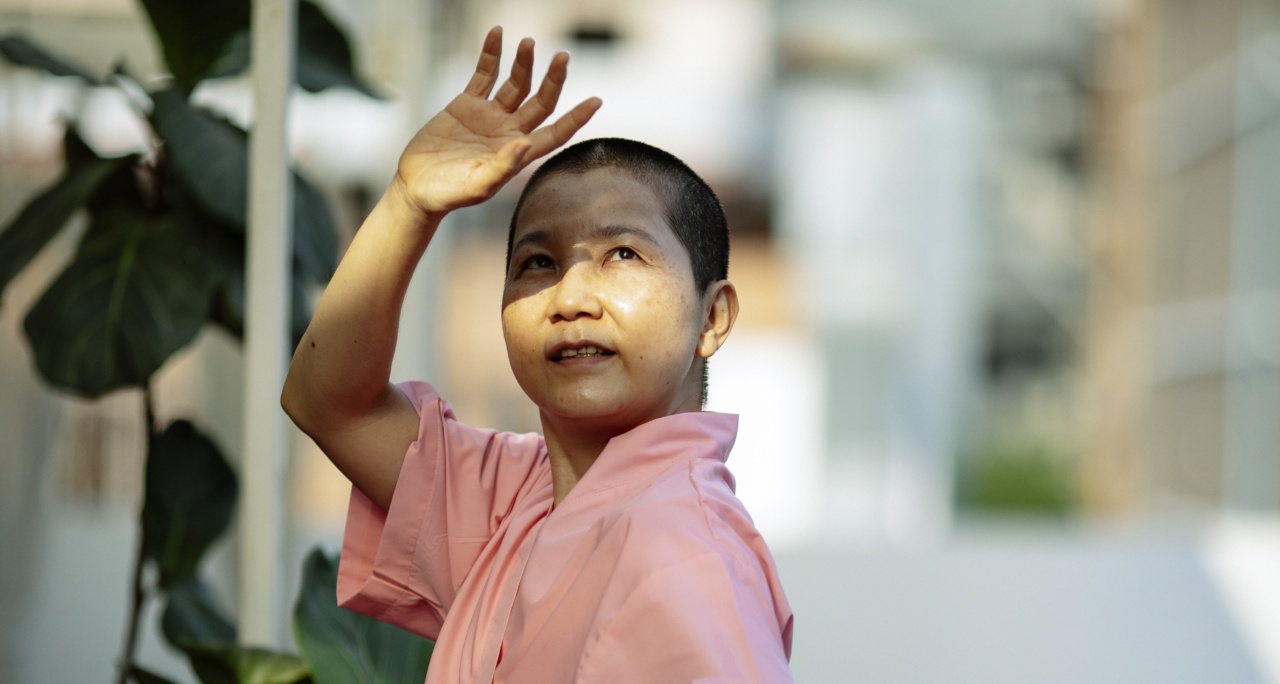Menopause can bring several changes in a woman’s body, including an increased risk of developing bladder cancer. Bladder cancer is the fourth most common cancer in men and the tenth in women, with menopausal women being at higher risk.
The risk of bladder cancer increases with age, with more than half of new cases occurring in people aged 65 or older.
While some risk factors are uncontrollable, such as age and family history, there are several things that women can do to reduce their risk of bladder cancer.
Stop Smoking
Smoking is the most significant risk factor for bladder cancer. According to the American Cancer Society, smokers are three to four times more likely to develop bladder cancer than non-smokers.
The chemicals in cigarette smoke are absorbed into the bloodstream, excreted into the urine, and come into direct contact with the bladder lining. This contact increases the risk of cancer development. Women who stop smoking will reduce their risk of bladder cancer. Second-hand smoke can also increase the risk, so avoid exposure when possible.
Stay Hydrated
Drinking plenty of water throughout the day can help prevent bladder cancer by diluting the urine. Diluted urine makes it less likely that harmful chemicals from other food or medications will come into contact with the bladder lining.
Hydrate yourself with water, rather than soda or other sugary drinks, to reduce the risk of bladder cancer.
Eat a Balanced Diet
Make sure to eat a diet rich in fruits, vegetables, and whole grains. Research shows that people who eat a diet high in fruits and vegetables have a lower risk of bladder cancer.
Instead of consuming red and processed meats, substitute them with fish, poultry, and plant-based alternatives like legumes and soy products.
Limit Your Intake of Chemicals and Toxins
Exposure to certain chemicals and toxins can increase the risk of bladder cancer. Some common examples include certain dyes, solvents, and pesticides. Try to limit your exposure to these chemicals and toxins in your home and workplace whenever possible.
Be Cautious With Medications
Certain medications, such as cyclophosphamide, ifosfamide, and pioglitazone, may increase the risk of bladder cancer.
Women should discuss all medication options with their physician, including the risks and benefits associated with each one, before starting a new medication.
Manage Chronic Urinary Tract Infections (UTIs)
Women who experience frequent UTIs are at increased risk for bladder cancer. The infections cause inflammation of the bladder, which, over time, can damage the bladder lining. UTIs are more common in women than men due to women’s anatomy.
Women should look for early warning signs of UTIs, including urinary urgency, painful urination, and bloody urine.
Exercise Regularly
Regular exercise can help improve overall health and reduce the risk of many types of cancer, including bladder cancer. Aim for at least 30 minutes of moderate-intensity physical activity, such as brisk walking or swimming, most days of the week.
Attend Annual Health Checkups
Annual health checkups are essential for early detection and treatment of bladder cancer. During the examination, doctors will check for any abnormalities, including blood in the urine, which is a common sign of bladder cancer.
Early diagnosis and treatment of bladder cancer can significantly increase the chances of successful treatment.
Conclusion
Bladder cancer is a serious condition that can affect anyone, but menopausal women are at higher risk.
Fortunately, there are many ways to reduce the risk of bladder cancer, including stopping smoking, staying hydrated, eating a balanced diet, limiting exposure to chemicals and toxins, managing chronic UTIs, and attending annual health checkups. By taking these steps, women can ensure that they are doing everything possible to maintain their health and reduce the risk of bladder cancer.































